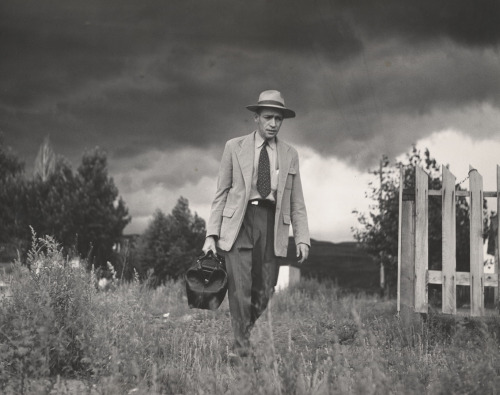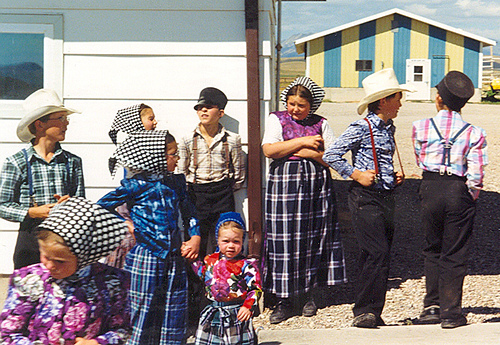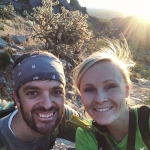& START LOVING FAMILY MEDICINE

“Country Doctor” – One of my favorite photos. By W. Eugene Smith—Time & Life Pictures (TIME Magazine), 1948.
Growing up, my dad was always pushing me to challenge the status quo. He begged me to question the system, fix what was broken, refuse to accept what was wrong/unjust, and then do something about it.
It drove me crazy.
I did not want to make a fuss.
Dad also never let an occasion to boast about the greatest profession on earth, family medicine, pass us by. My eyes have rolled clear across the state of Montana (most ground covered between the ages of 13 and 18) on this subject of medicine, primary care, effecting change, etc., etc., etc.
Teen/20 Me: Ruffling feathers is overrated. And embarrassing.
30-Year-Old Me: I’ve lived a little more, learned a lot more, and experienced the injustice of the system—or rather, been privy to the systemic injustice imposed upon people and cultures I know and love. What was not evident to me at 18 is now burned into my being: I am privileged.
Of course my dad (and mom!) knew this, but what young person would hear it? The seeds my parents were planting, much to my chagrin, and sometimes theirs (Is AFRICA safe? How close IS Ethiopia to Egypt??), this dissatisfaction with injustice, combined with my inherent idealist motivations, drove me to seek a path where I could use my power, privilege and intellect to serve people who did not win the birth lottery, people who are oppressed by structural violence (domestic + international), people who desperately need access to something they probably do not have: someone to deliver their baby, set their broken tibia, suture their lacerations, care for their infections, explore their feelings of depression, get rid of that itchy vagina, navigate an unexpected pregnancy—who else can do all these things but family medicine? These are everyday, real-life matters, from screaming babies to the quietly dying. Primary care will allow me/us to help humans live their lives—oh, by the way—anywhere in the world.
Everyone needs access to healthcare, starting with the basics.

Milford Hutterite Colony, south of Augusta, MT – one of the three small towns my parent’s medical clinic was based in.
Ashley Jones, MS2 shares the common experience that primary care is judged as something less—reserved for less intelligent physicians (STEP scores prove that, right?), and in the same vein, Dr. Hartmark-Hill busts some common primary care myths. Family physicians get paid tiddlywinks, this is the consensus. It’s true that we were never short on bread/jam/potatoes growing up near the Montana Hi-line, but the children on the Hutterite colonies were up to date on their vaccinations (among other things), and that was important. There was enough leftover to pay for college, cars and houses—I’ve never experienced a lack of anything in my life—so from my increasingly indebted perspective, primary care pay can’t be that bad. And like any good conspiracy theorist/Montanan would ponder: if civilization comes to an end tomorrow, you’ll want a well-rounded family physician friend, and potatoes would be just fine!
The fact is that you won’t get any more eye-rolling from me (unless we’re talking about any number of things I am overly opinionated about) because I think my dad just might be right. Family medicine could be one of the greatest callings on earth. It’s a privilege, full of responsibility and opportunity.
The status quo is just not good enough.
Kate Townley (lover of parenthetical afterthoughts) is a medical student at UA COM-P, class of 2018. She hails from the great, cold state of Montana but has come to truly love the diversity and proximity of adventure in Phoenix/Arizona. She tries to leave the country at least once/year (i.e., has a penchant for backpacking and sleeping on airport floors) and spends free minutes reading (fiction), hiking, backpacking and enjoying life with her husband, Chris, and two great mutts, Kula and Maia. Art and creativity have, and will continue to be, an important element of her being, as well is a strong commitment to serve the underserved (likely in family medicine, eventually).


